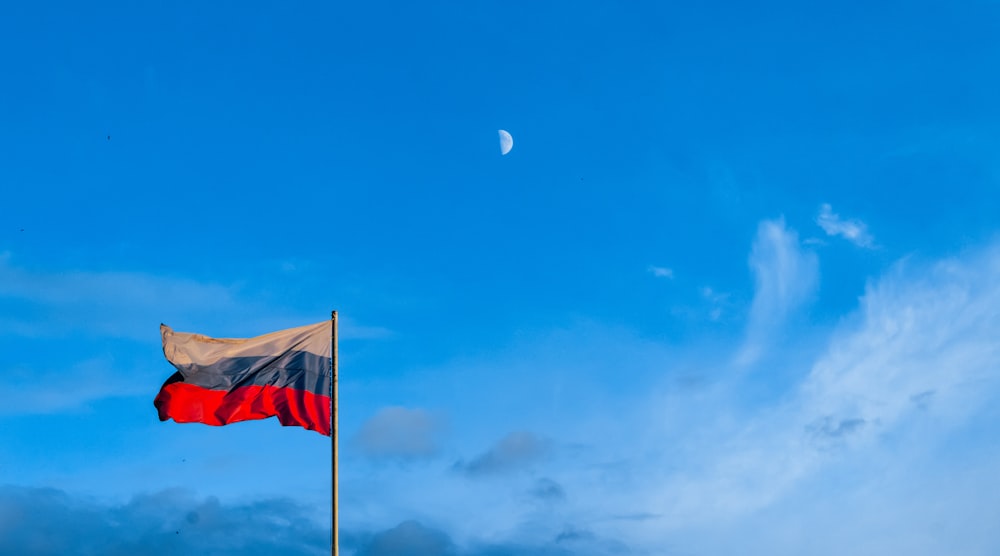
Besides, foreign applicants have every chance of receiving a free education at a medical university in Russia but are subject to excellent academic performance.
How is medical education organized in Russia?
Medical education in Russia is distinguished by a complex multistage structure. The first step for the applicant on the way to mastering the profession of a doctor will be the passage of the Unified State Exam (USE) or internal exams of the Medical University held for foreign citizens. Next, the student will have to undergo training in a bachelor’s program lasting 4 years. After the graduate will be able to work only in junior medical positions (nurse, nurse, paramedic), but after passing the accreditation.
To become a doctor, an applicant must take a different path – to enroll in a specialty. The duration of training in specialty programs is at least 5 years (psychology, pharmaceuticals, dentistry), after which the graduate will be able to start a medical practice. But also subject to accreditation.
Graduates of medical universities (bachelors, specialists) must undergo the initial accreditation procedure. It includes testing the theoretical knowledge and practical skills acquired by students in the learning process. Only after successfully passing the exam, the graduate has the right, without additional training (residency), to start working in the positions of primary care specialists, i.e., pediatrician and district therapist.
To get a narrower specialty (for example, a surgeon, cardiologist, or gastroenterologist), you need to unlearn a total of 6-9 years, continuing your studies in residency (2-4 years). If a student desires to engage in scientific activities, a student should think about entering graduate school and further on to doctoral studies.
Interestingly, Russian universities offer a wide range of higher education programs for the training of specialists in fields related to medicine, for example, physiology, medical psychology, medical physics, biochemistry, pharmacology, genetics, entomology, embryology, pharmaceuticals, zoology, physiotherapy exercises, forensic science, and biology.
It is much simpler to access these specialties than medical ones, plus you can study at a republic university at the department of chemistry or biology. Another advantage of such programs is that it is much easier to transfer to a foreign university to continue education in the specialty “Biology” than in the medical specialty.
Requirements for admission to medical universities in Russia for foreigners
A foreign student can enroll in a medical specialty under a bachelor’s or specialty program at a Russian university immediately after leaving school. If you wish, you can take a preparatory course to adapt to a new cultural environment. Also, improve the level of the Russian language and improve knowledge of basic subjects.
What is required for admission to a foreigner?
- A document on the received secondary general or secondary vocational education, equivalent to Russian (with translation into Russian and notary certification);
- Application for admission;
- Referral from Rosobrnadzor;
- A copy of the active pages of the passport with a notarized translation;
- Copy of a student visa;
- A certificate confirming the absence of infectious diseases and HIV;
- 6 photos in 4×6 format;
- Migration card or temporary residence permit or residence permit;
- TOEFL, IELTS or equivalent for teaching in English;
- For applicants from the CIS countries, upon admission to the budget, it is necessary to have a birth certificate of one of the parents born in the USSR or a marriage certificate.
Verification of a Russian medical diploma in other countries
Diplomas of Russian medical universities are not recognized by most countries of the world (USA, Europe). But are quoted in the CIS countries due to existing agreements on mutual recognition and equivalence of educational documents, academic degrees, and titles. Even if a diploma issued by a Russian university falls under this agreement, the receiving party (university, employer) may oblige the graduate of the Russian university to undergo legalization or recognition procedures, pass additional exams or undergo training. This decision can be influenced by the accreditation of the institution that issued the diploma.
The difference in the number of hours worked in a particular discipline and the content of the curriculum itself. You should consider the fact that higher requirements are imposed on graduates of medical universities in employment since the real lives of patients depend on the level of competence of a former student.
As for the recognition of medical diplomas of Russian universities in non-CIS countries, everything is much more complicated here. A university graduate and even a doctor with work experience must officially recognize the diploma and pass a qualifying exam. It is because Western doctors study in universities and medical schools longer than their Russian counterparts. In some lands (Germany, Czech Republic, etc.), a university graduate can instantly receive a job as a doctor’s assistant while the diploma is undergoing the verification system but subject to fluency in the local language.

